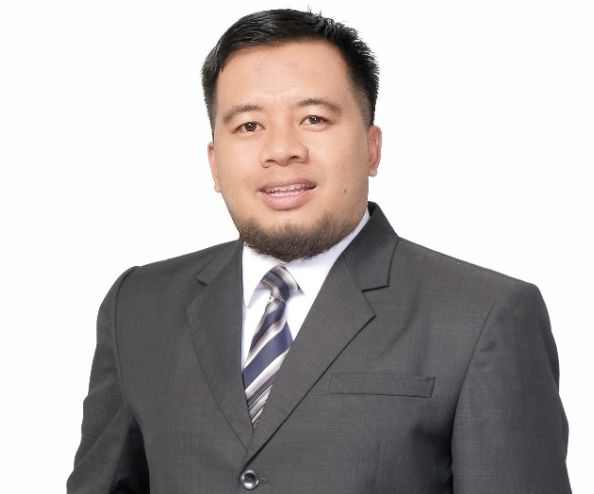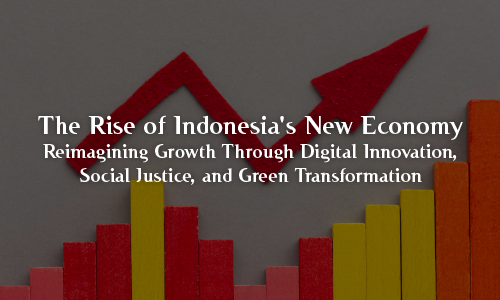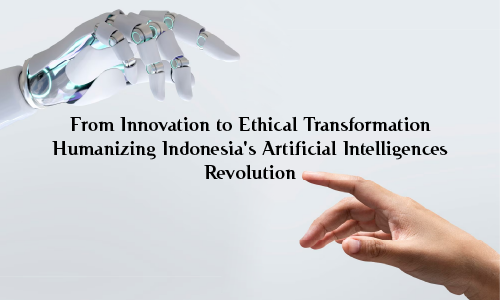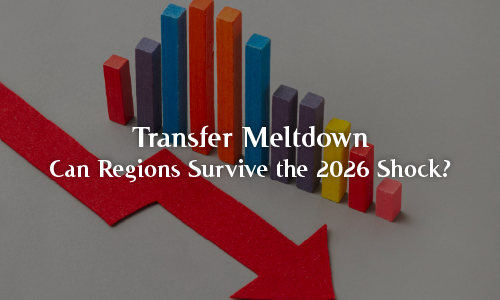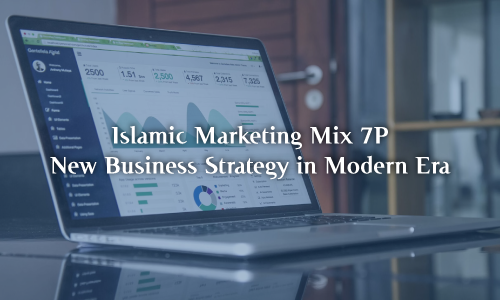
Summary: The halal lifestyle has transformed from a religious practice into a global economic and cultural movement, appealing to both Muslim and non-Muslim consumers through its emphasis on ethical sourcing, cleanliness, sustainability, and transparency. It spans various sectors including food and beverages, fashion, tourism, cosmetics, pharmaceuticals, and finance. Indonesia, as the world’s largest Muslim-majority country, plays a crucial role in advancing the global halal economy. With supportive national policies like the Halal Product Assurance Law and a strategic vision to become a global halal hub by 2024, Indonesia has seen rapid growth in its halal market—expected to reach USD 807 billion by 2030.
Introduction
The halal lifestyle has evolved from a religious observance practiced primarily by Muslim communities into a significant global cultural and economic movement. While its foundations remain rooted in Islamic jurisprudence, the principles guiding halal consumption—such as ethical sourcing, cleanliness, sustainability, and transparency—have gained traction beyond religious contexts. Increasing awareness among consumers worldwide regarding the environmental, ethical, and health implications of their choices has aligned closely with halal values, facilitating its broader adoption across diverse markets.
The influence of the halal lifestyle now spans across key sectors including food and beverage, financial services, fashion, tourism, pharmaceuticals, and cosmetics. Indonesia, home to approximately 241 million Muslims and representing nearly 13% of the global Muslim population, plays a vital role in this expanding domain. As the largest Muslim-majority country, Indonesia is uniquely positioned to lead the development of the halal economy both regionally and globally. The government’s strategic vision, coupled with its demographic advantage and institutional investments, underpins its aspiration to become a global halal hub by 2024.





